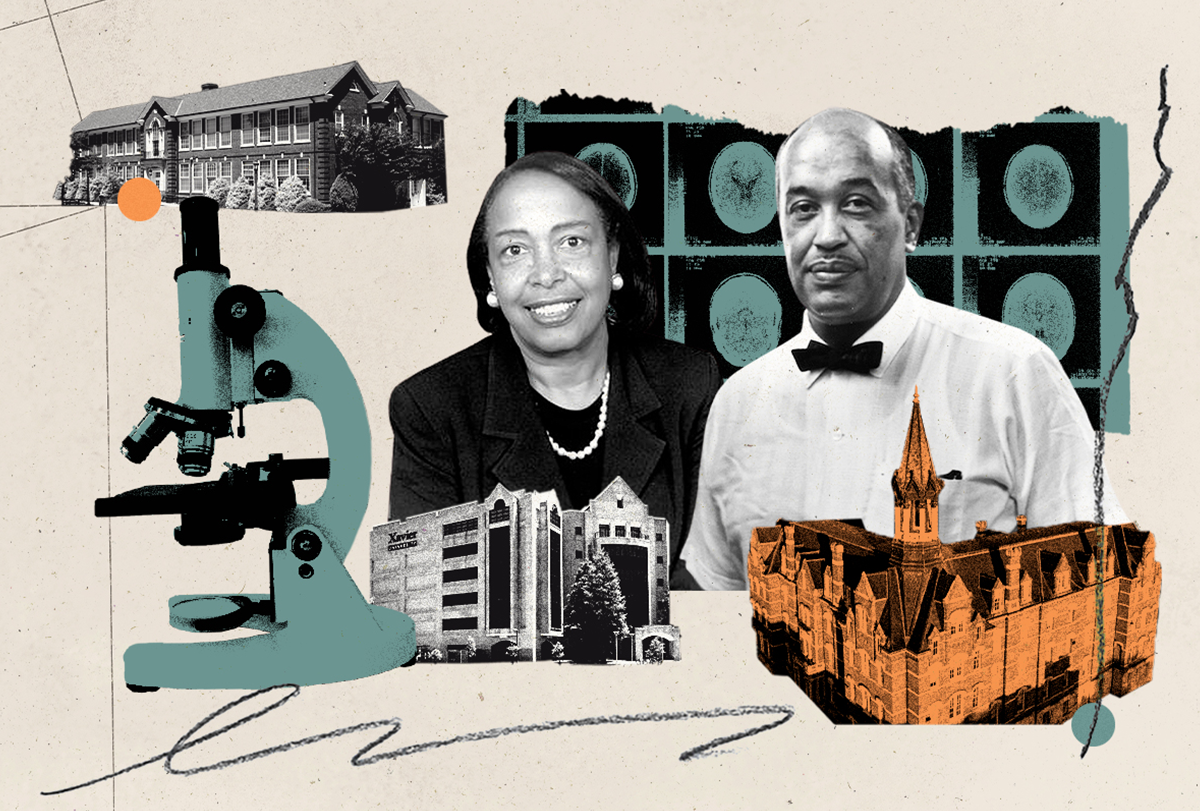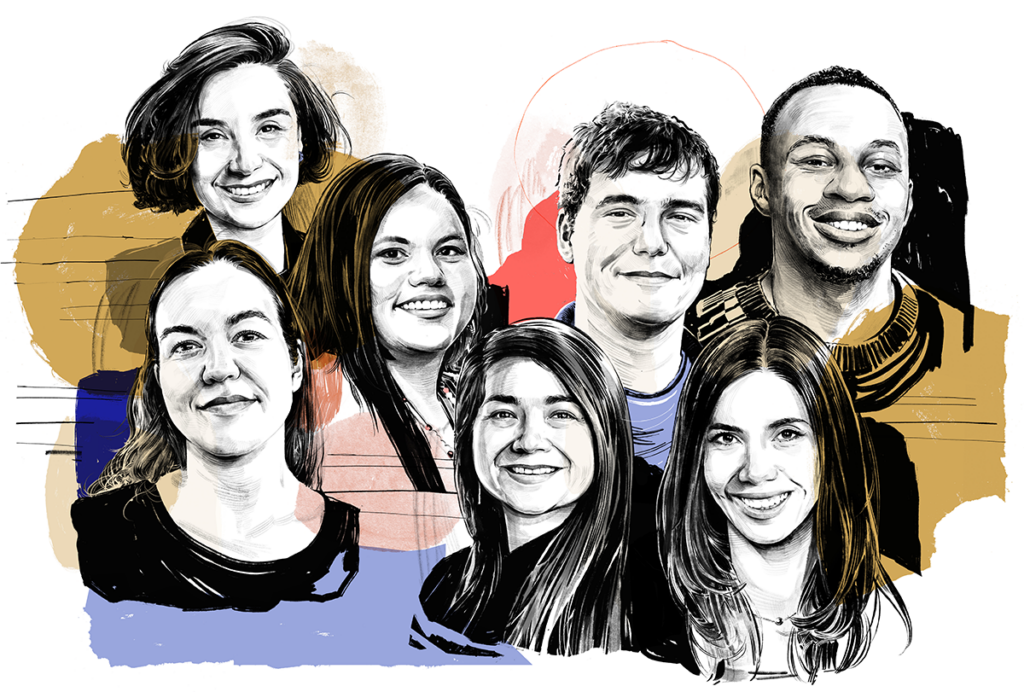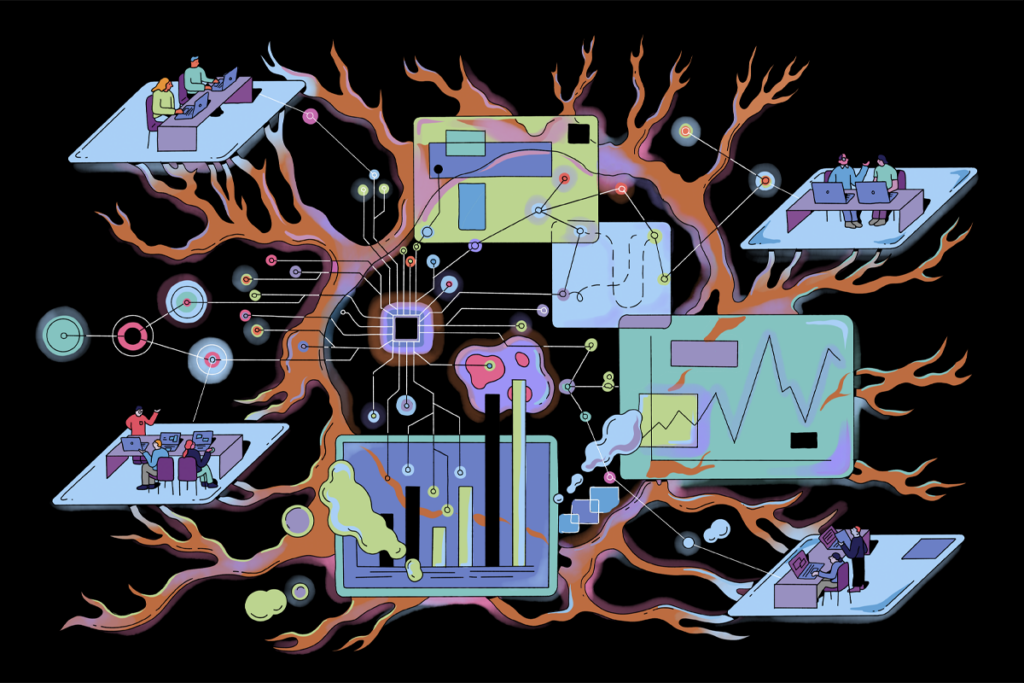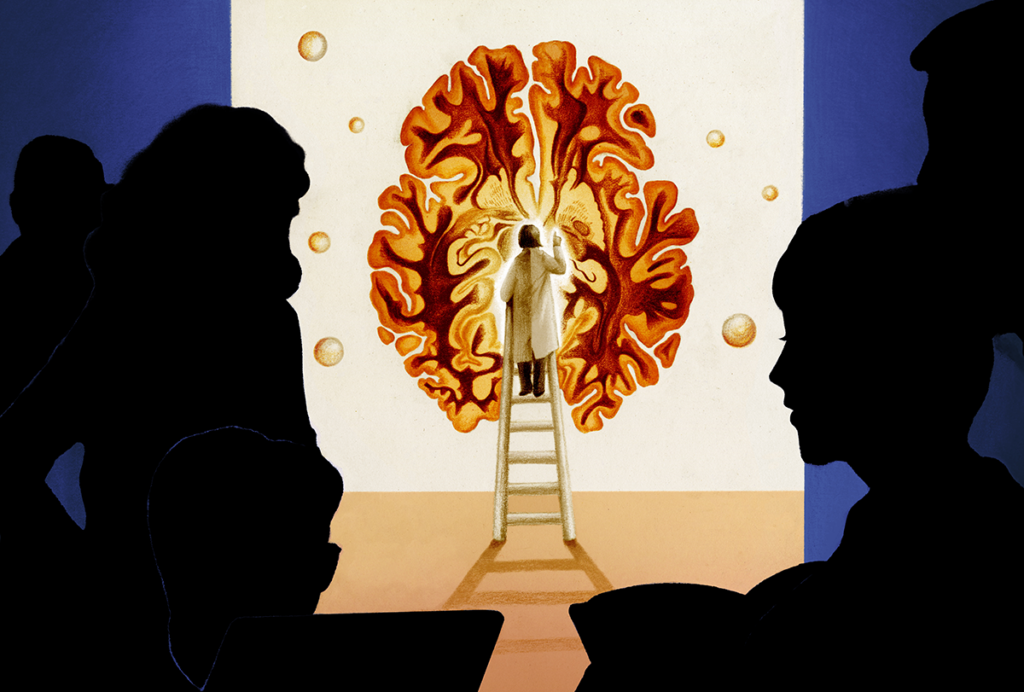
Building the future of neuroscience at HBCUs
Black In Neuro is launching a new program to help historically Black colleges and universities advance neuroscience research and education, focusing on cross-institutional collaboration, joint curriculum development and improved mentoring initiatives.
Though often overlooked in national conversations around research and innovation, historically Black colleges and universities (HBCUs) have launched some of America’s greatest scientific minds. Patricia Bath, the inventor of laserphaco surgery, Herman Branson, a physicist who helped uncover the structure of proteins, and St. Elmo Brady, the first Black American to earn a Ph.D. in chemistry, were all products of HBCUs and exemplary of the legacy of scientific achievement at these institutions.
HBCUs produce more than 25 percent of Black professionals in the STEM workforce in the United States today, despite being systemically underfunded. In 2018, the U.S. Government Accountability Office revealed that of the $42 billion the federal government spent on research and discovery for higher educational institutions that year, 1 percent went to HBCUs. More recently, in 2022, federal officials reported that land-grant HBCUs have been underfunded by more than $12 billion since the 1980s compared with non-HBCUs, leaving deep gaps in infrastructure, faculty support and research capacity.
Because of these shortfalls, opportunities in neuroscience at HBCUs remain rare. Out of 99 active institutions, only two offer neuroscience degrees—Xavier University of Louisiana, at the undergraduate level, and Delaware State University, the lone HBCU with a neuroscience doctoral program. The scarcity of these programs boils down to accessibility; neuroscience is a resource-intensive discipline that requires specialized facilities, expensive equipment and a consistent source of research funding.
For HBCUs that are already starting several steps behind their peers financially, launching and sustaining neuroscience research programs is a challenge. And the human cost of this gap is staggering. It means we have fewer Black neuroscience educators to inspire the next generation, as well as missed opportunities to tackle neurological conditions that disproportionately affect Black communities, such as Alzheimer’s disease and ALS. As a field that values a wide range of perspectives in problem-solving, neuroscience faces no greater loss than the voices it never gets to hear.
Since its inception, Black In Neuro (BIN)—a global nonprofit organization dedicated to cultivating a neuroscience community that celebrates and empowers Black scholars and professionals—has supported HBCUs. We spotlight their graduates at our #JourneytoNeuro day, and we established a BIN regional chapter led by Howard University students in the Washington, D.C. area. We provide free events and workshops to help early-career researchers navigate academic spaces, apply for summer research fellowships and other programs, and manage mentor-mentee relationships. And our Black In Neuro Seminar Series offers a platform to celebrate Black neuroscientists and communicate their science to a broader audience.
Later this week, we celebrate our fifth anniversary with the first-ever in-person Black In Neuro Conference, a three-day gathering of students, faculty and neuroscientists at the nation’s only exclusively Black land-grant university, the University of the District of Columbia. And in our latest effort to continue advancing the development of Black neuroscientists, this fall we will launch the Movement for Institutional Neuroscience Development and Scholarship (HBCU-MINDS) Network, a targeted initiative designed to actively build neuroscience research infrastructure, expand graduate training and increase opportunities at HBCUs.
O
ur broad goal with this new initiative is to uplift the HBCU community by recognizing and unlocking potential that has too often been overlooked, by dismantling persistent barriers and by investing in the next generation of Black neuroscientists. Practically speaking, HBCU-MINDS aims to help institutions secure laboratory space, develop joint curricula, share course modules, bring in guest lecturers from the BIN network and expand access to online resources to supplement limited in-person offerings. Support will include grant-writing workshops, mentorship from experienced neuroscientists, and partnerships that connect faculty with collaborators.The network will comprise HBCU affiliate partners across the U.S. to better prepare HBCU trainees to pursue advanced neuroscience degrees. This multi-year effort aims to enhance the academic pipeline at HBCUs by supporting students from their first undergraduate course through to their postdoctoral training and as leaders in the field. In doing so, we aim to provide Black researchers at HBCUs with the tools, training and community they need to thrive without having to leave their institution. HBCU students will not only study neuroscience but actively shape its growth, ensuring their institutions are recognized as scientific centers of excellence in education and research.
The benefits of the program extend beyond research, as HBCUs can provide what other institutions sometimes cannot: insights into the hidden curriculum of science. For many Black students, succeeding in science means managing pressures to adjust their tone or way of speaking to be taken seriously, alongside unspoken networking rules that shape opportunities, such as knowing which conferences to attend, how to approach senior faculty or when to advocate for authorship on a paper. Though rarely taught outright, these subtle lessons can make or break the careers of young scientists, shaping who gains access to mentors, funding and leadership roles. HBCUs have a strong culture of mentorship and community that uniquely positions them to make this hidden curriculum visible and to prepare students to navigate it with confidence.
Our organization is home to many HBCU graduates who understand these nuanced conversations, including our founder, Angeline Dukes, a Fisk University alumna. “Fisk was my support system and the reason I overcame so many obstacles,” she told me. Our co-director of programming, Paige Greenwood, a Hampton University alumna, shares a similar view: “HBCUs are competitive, but within that is community and a spirit of lifting as we climb.” That spirit gave her the resilience to persevere through challenges, including having to share a single pipette with labmates and endure microaggressions in the science policy world while still advancing her cause and leading in a space where representation is scarce.
Dukes and Greenwood embody the strength that many Black scholars need. The HBCU-MINDS Network aims to support the next generation of researchers to ensure they won’t have to rely on their individual grit alone to succeed. Instead, they will benefit from a supportive community cultivated with their success in mind. By investing in neuroscience research at HBCUs, Black In Neuro wants to ensure that Black neuroscientists will always have a seat at the table as leaders, innovators and game changers in the field.
Recommended reading

‘We still exist’: How four neuroscience advocacy groups are navigating federal DEI funding cuts

Building a global community: Q&A with Black In Neuro co-founder Clíona Kelly
Bringing neuroscience to rural Mexico: In conversation with Mónica López-Hidalgo
Explore more from The Transmitter

How to build a truly global computational neuroscience community

